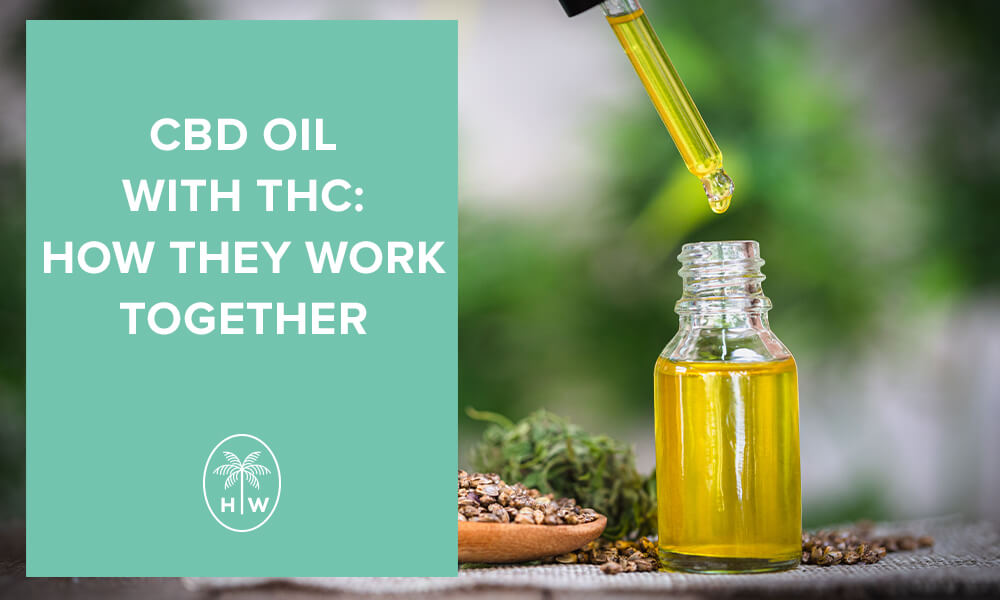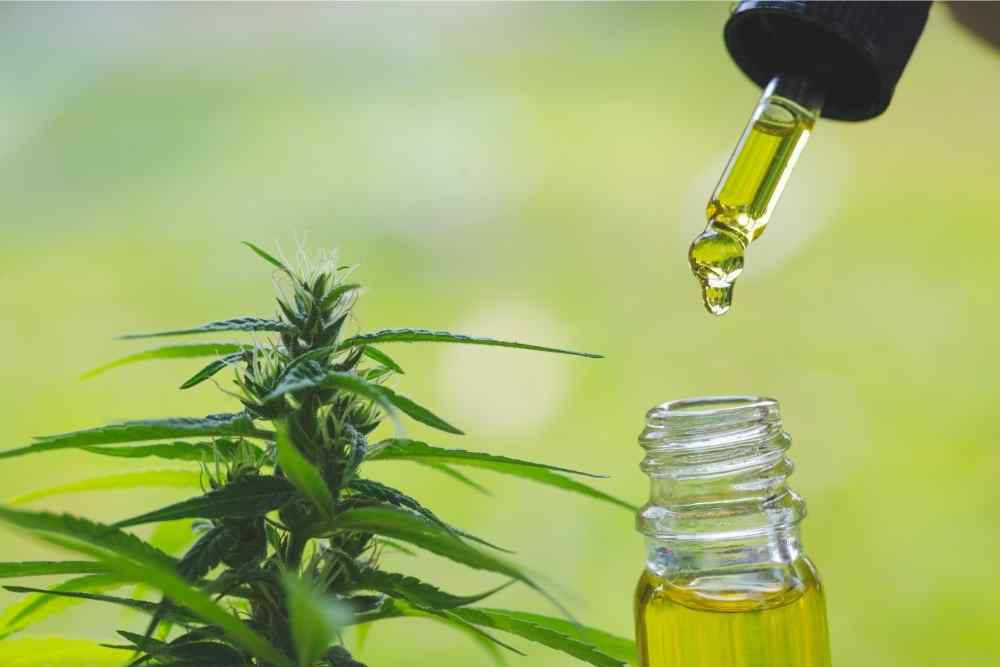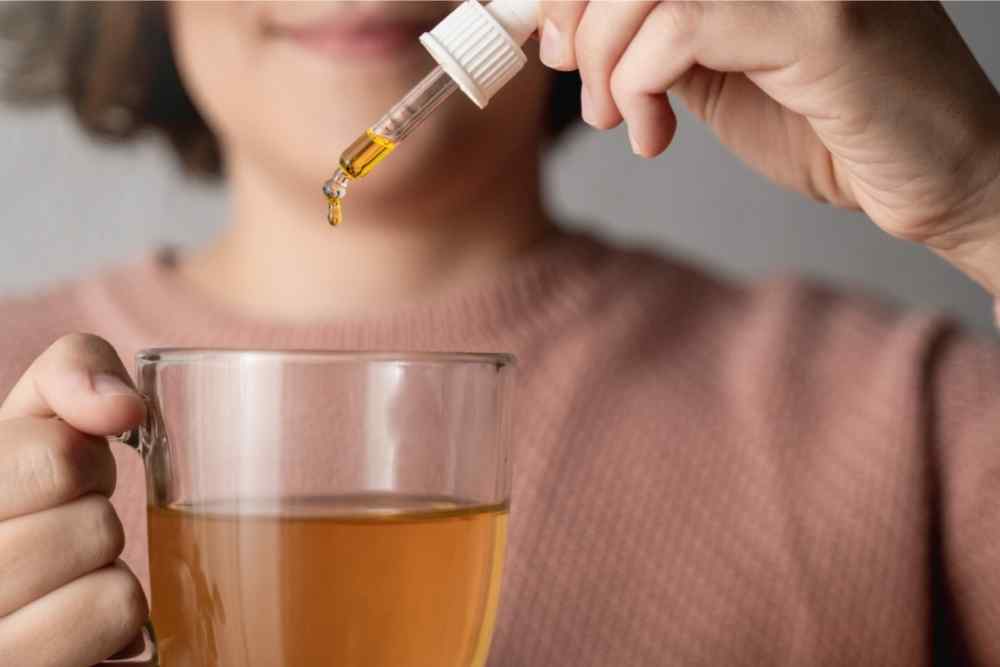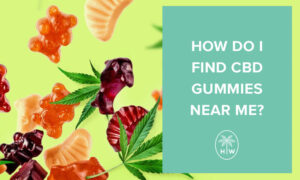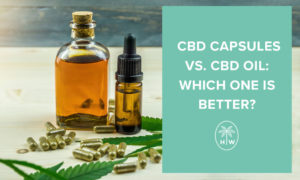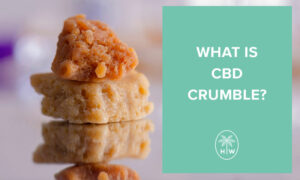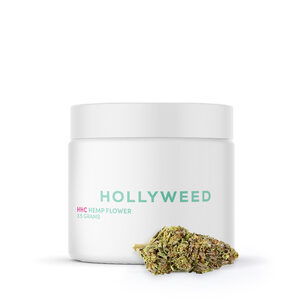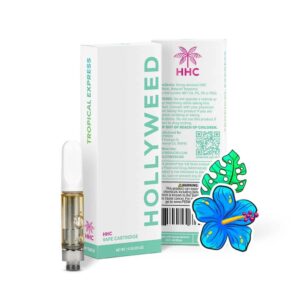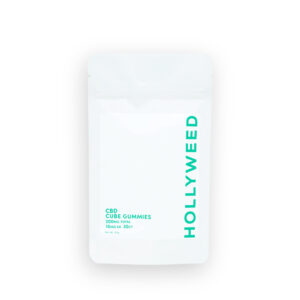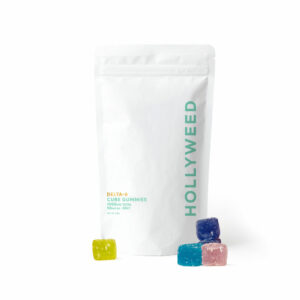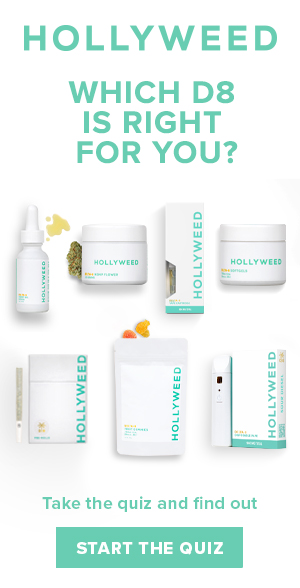It might be the most talked-about combination since peanut butter and jelly, but the benefits of CBD Oil with THC can be a source of confusion for those trying to educate themselves on the benefits of the hemp plant. THC and CBD are both desirable to consumers for their therapeutic benefits, but it can be unclear what the real differences and similarities are between the two. We are here to help break down some of the facts and get to the truth of these two amazing cannabinoids.
Keep reading if you want to unveil the mysteries of these two natural compounds!
Table of Contents
What is CBD?
Cannabidiol (CBD) is one of the two primary cannabinoids in cannabis plants. In accordance with the 2018 Farm Bill, CBD is extracted from hemp plants containing less than 0.3% THC for use in CBD products legal under federal law. CBD is known for the calming, therapeutic qualities experienced through the unique way CBD interacts with the body’s endocannabinoid system (ECS).
While both CBD and THC are psychoactive compounds, CBD does not bind to the cannabinoid receptors in the brain. Instead it interacts with it indirectly. This is the primary reason why CBD does not make you high or intoxicated following consumption. CBD instead promotes internal homeostasis and well-being by supporting your ECS.
Because of this CBD can provide its benefits without producing any unwanted or adverse effects.
What Is CBD Oil?
CBD oil is one of the many forms we can find cannabidiol extracts in. CBD oil consists of CBD extracted from a hemp plant suspended in a carrier oil such as coconut oil or hemp seed oil. These carrier oils help the consumer absorb the product easier and provide additional nutrition.
CBD oil is simple to take, and most of the time, will come packaged with a convenient dropper, perfect for applying your oil as a food additive! You can take CBD oil sublingually (under the tongue) or swallow it straight. There will be no residual scent, and if taken with water, you are unlikely to notice any persistent flavors.
CBD has undergone various clinical trials to determine its medical benefits, but it has not seen approval from the federal drug administration. But, the federal drug administration approved the first drug made with CBD extract called Epidiolex. Medical professionals use it to treat seizures associated with rare conditions such as Lennox-Gastaut syndrome, Dravet syndrome, or tuberous sclerosis complex. While this is the first of any FDA-approved drugs containing CBD, it remains a promising start for finding more medical benefits in the future.
What Are the Benefits & Effects of CBD Oil?
CBD oil is a versatile substance and finds easy application to the lives of many different kinds of people. Host to many health benefits, CBD oil provides a holistically beneficial way to experience the natural benefits provided by the cannabis plant in a pure, non-intoxicating form.
Benefits
CBD’s way of working indirectly with the ECS results in many benefits:
- Relieves sore muscles
- Promotes natural eating schedule
- Decreases negative thoughts/feelings
- Relieves digestive discomfort
- Help encourage natural sleeping habits
In addition to its qualities benefitting the ECS, CBD oil also provides several benefits related to its ease of access as a liquid:
- Choose your dose: Yet another benefit from using CBD oil is the flexibility of dose! Because of the dropper, it is easy to dose out your CBD, giving you the ability to measure out a lower or higher dose when necessary.
- Fast-acting: CBD oil will take effect in approximately 15-30 minutes, making it a great option for quick relief. The fast-acting nature of CBD oil further solidifies its usefulness for subtle relief when away from home or when you have a limited amount of time.
- Versatile: Because of its liquid form, CBD oil can be used as a food additive in various foods and drinks. Generally, it’s as simple as taking your dropper and dosing whatever you would like into your food or drink of choice! After that, kick back and enjoy the therapeutic benefits!
Effects
CBD is generally very well tolerated and should produce few side effects if any. However, some possible side effects might include:
- Drowsiness
- Diarrhea
- Dizziness
- Weight loss
If you experience any adverse effects listed above, we recommend you speak to a licensed physician.
What is THC?
Tetrahydrocannabinol, known as THC, is the main psychoactive compound found in cannabis-related products. THC creates the psychoactive effects associated with the high acquired after marijuana consumption. Consumers who want to experience a sedating and intoxicating sensation often turn towards products containing THC because of its reputation as a well-tolerated compound with no known cases of overdose.
THC is legal in some places but is still considered a controlled substance subject to enforcement by the drug enforcement administration due to its inclusion in the controlled substances act. As such, be sure to check your state’s laws to find out about the availability of these products.
What Are the Benefits & Effects of THC?
THC can provide us with some of the same benefits as CBD but through different means. By binding to the ECS, THC provides a directly mind-altering experience with effects often described as a “head” or “body” high. Some of the benefits associated with THC include:
- Assists in sleep
- Encourages a natural eating schedule
- Promotes relief from muscle soreness
- Eases negative thoughts and feelings
- Helps relieve nervous behaviors
THC can cause potential side effects that you would not experience after consuming CBD products. THC is still well-tolerated, but the potential side effects stand as a barrier for some in incorporating THC in their wellness routine. After consuming THC, you may experience some potential side effects such as:
- Dry mouth
- Red eyes
- Nausea
- Confusion
- Paranoia
- Memory loss
- Decreased motor skills
THC may also interfere with the effects of other drugs prescribed by your doctor. If you have any medical conditions, it is important to consult a doctor who can provide medical advice on marijuana consumption.
Does All CBD Oil Contain THC?
Not all CBD oil contains THC, but some CBD oils can! Federally legal CBD products may contain trace amounts of THC of up to 0.3% THC, far below the amount that would cause any noticeable intoxication. There are a few different forms of CBD extraction resulting in varying degrees of cannabinoid content:
- Full spectrum: Full spectrum extraction includes THC, CBD, and all the other cannabinoids and beneficial compounds found in the plant.
- Broad spectrum: Broad spectrum extraction cuts out the THC content but retains all the other beneficial compounds like flavonoids and the ever-important tasty terpenes!
- Isolate: Isolate cuts out all components except for CBD, resulting in the purest CBD product available. Isolate comes with none of the other beneficial cannabinoids such as flavonoids or terpenes.
Because CBD products that are legal on a federal level have such a low threshold of THC, you should not feel any mind-altering effects following consumption. But, full spectrum CBD consumption may result in a failed drug test and is not recommended for those requiring regular testing.
What Are The Difference Between CBD & THC?
CBD and THC have some face-value similarities in their beneficial qualities, but as anyone who has tried both would tell you there are many more differences! CBD provides a more low-key, mellow sensation of relaxation and well-being. THC can cause consumers to experience an altered state of mind described as euphoric and sedating.
The altered state of mind provided by THC consumption might be desirable for some consumers but it may not be good for use before work or going about completing your daily routines. Aside from creating an altered state of mind, THC can also cause many more side effects not found from CBD. CBD use can cause very few side effects and almost no risk of addiction because CBD does not have any mood-altering or body chemistry changing effects, which is not true for THC.
For consumers trying to avoid the potential side effects of THC products, this makes CBD a great option.
Legal Differences
Besides the difference in effects between THC and CBD, there also exist many differences in the legality of these substances. Neither compound is fully FDA approved, but THC is still illegal under federal law due to the Controlled Substances Act. Any plants containing upwards of 0.3% THC are marijuana and thus are illegal in states without legal marijuana.
CBD comes from legal hemp, under 0.3% THC, and people can purchase and consume it in any state in the United States without issue.
What Are the Benefits of CBD Oil With THC?
THC and CBD have their benefits and applications, and it is natural for people to wonder what might happen when these cannabinoids are combined.
The Entourage Effect
The entourage effect describes how the compounds within hemp work together in combination, creating a synergy, enhancing CBD’s beneficial qualities. This provides consumers with more well-rounded benefits, lowering sensitivity to the side effects of THC while enhancing the beneficial qualities of all the plant’s cannabinoids. These compounds’ tendency to enhance each other without weakening any of their beneficial qualities is a natural way to experience nature’s wonderful ability to heal and provide balance.
Curbs the Effects of THC
When taken following THC consumption, CBD can help consumers tolerate THC’s associated sedative and mind-altering effects with greater ease. CBD interacts with THC to lower feelings of paranoia, giving consumers access to the benefits of THC without having to expose themselves to side effects. Taking CBD with THC can let us experience the best aspects of both more comfortably with less of a mind-altering effect.
What Are the Effects of CBD Oil With THC?
Combining CBD extract with THC creates various benefits by providing all the positive qualities present in both CBD and THC without negating or altering the effects of either. When consumed together, these cannabinoids create the strongest “entourage effect.” The balanced quality of this combination means that consumers are very unlikely to experience any side effects following consumption. It’s best to talk with your medical provider to ensure they do not interfere with any medications you might be taking.
Where Can I Find The Best CBD Oil?
When searching for potent, all-natural, and lab-tested CBD oil, Hollyweed has got your back. Hollyweed provides CBD products intended to increase your quality of life and promote natural wellness through the power of plants! Hollyweed offers high-grade CBD products in a variety of forms suited to your taste:
- Premium CBD hemp flower
- CBD vape cartridges
- Topical solutions
- CBD oil
- CBD capsules
Final Thoughts – CBD Oil With THC
CBD and THC have become well-regarded tools for those interested in natural wellness, and for good reason! CBD oil’s ease of use makes it desirable for those looking to add the natural benefits of hemp into their wellness routine without the mind-altering effects of marijuana. Together, CBD and THC can give us so much more than what they offer by themselves.
If you’re interested in the benefits that these cannabinoids offer and want to increase the efficiency of your CBD oil, taking it with THC is a great starting point!
